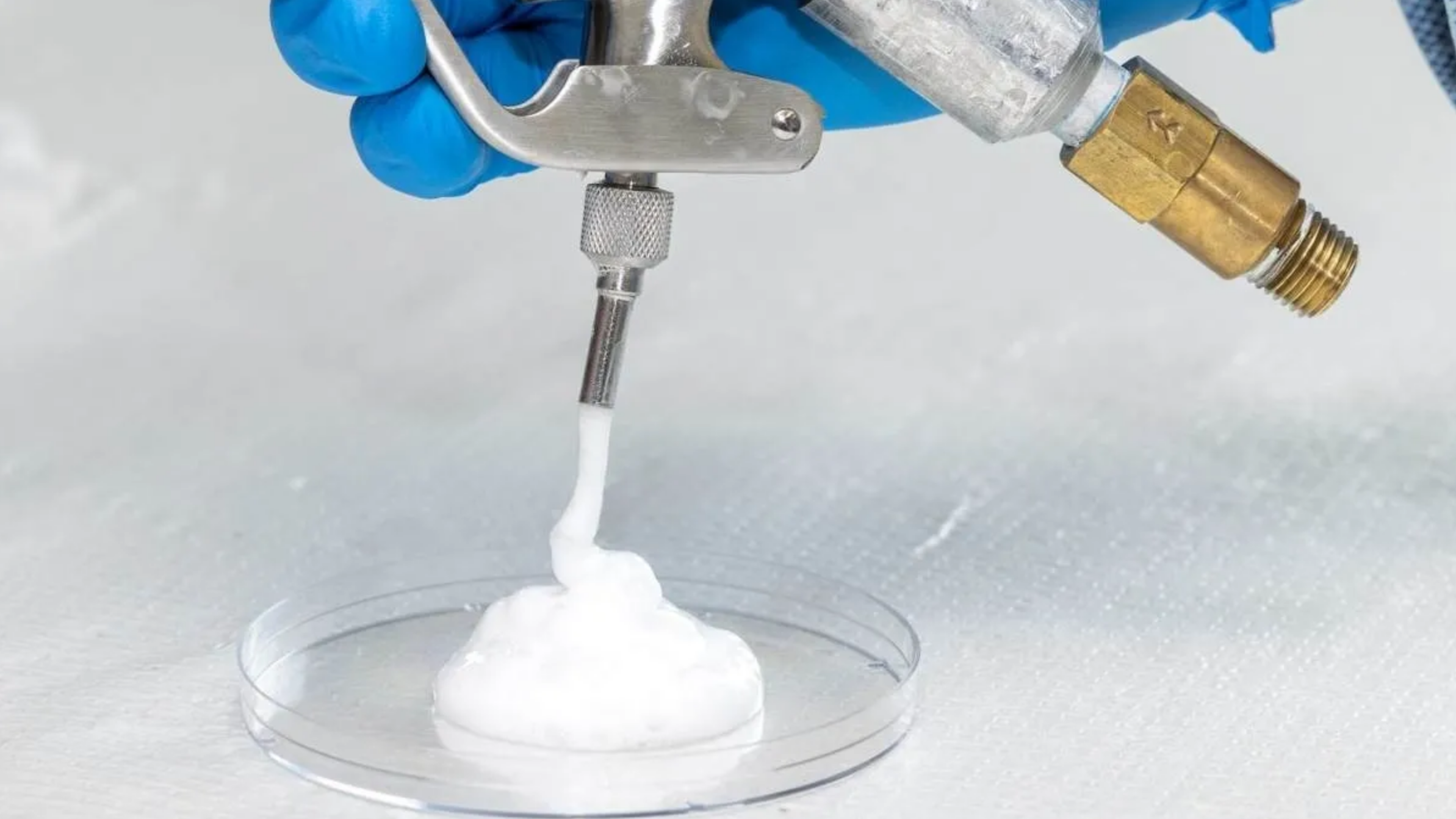Nanomedicine plays a key role in developing better vaccines against COVID-19. A new vaccine, based on protein nanoparticles and mRNA, promises to be more effective against a wider range of virus strains.
Researchers at the California Institute of Technology (Caltech) have unveiled a new type of vaccine that combines the strengths of mRNA and protein nanoparticles. The vaccine, which has been tested in mice, demonstrated remarkable effectiveness, generating five times more antibodies compared to existing COVID-19 vaccines.
While the current COVID-19 vaccines, such as mRNA, significantly prevent serious illness, they are not 100% effective. The mRNA vaccines can additionally cause side effects, such as mild fever or injection site pain. Scientists are working to develop new vaccines that are more effective at preventing infection and transmission.
The Caltech team’s hybrid vaccine employs mRNA technology to instruct recipient cells to produce specific protein fragments. These protein fragments subsequently congregate, forming virus-like particles that circulate throughout the body. This dual-action mechanism mimics the body’s natural immune response to infections and aligns with the working principle of existing mRNA vaccines.
During their trials, the Caltech scientists observed an impressive five-fold increase in antibody production compared to currently available COVID-19 vaccines. The new hybrid mRNA-Protein also shows promising potential against the challenging Omicron variants, with only two shots to induce robust antibody levels.
The vaccine’s efficacy against the original strain, as well as the challenging Delta and Omicron variants, is a significant achievement in the ongoing battle against COVID-19. Protecting against a wide range of strains is essential to control the virus’s spread and mutation.
The implications of this hybrid vaccine technology extend far beyond COVID-19, as it may pave the way to combat other pathogens, including the flu and even HIV. Furthermore, this innovative approach holds the promise of delivering drugs to targeted cells, opening new horizons in medicine.
Although the initial results of the hybrid vaccine are incredibly promising, the Caltech team is actively working on further testing the vaccine in both animal models and human clinical trials.







